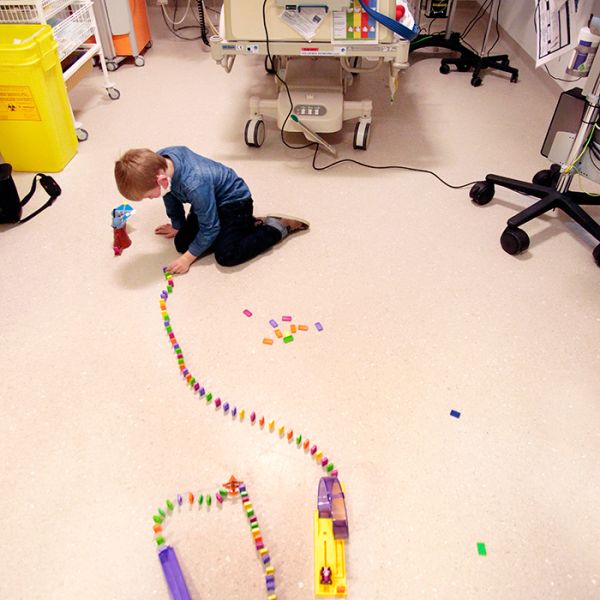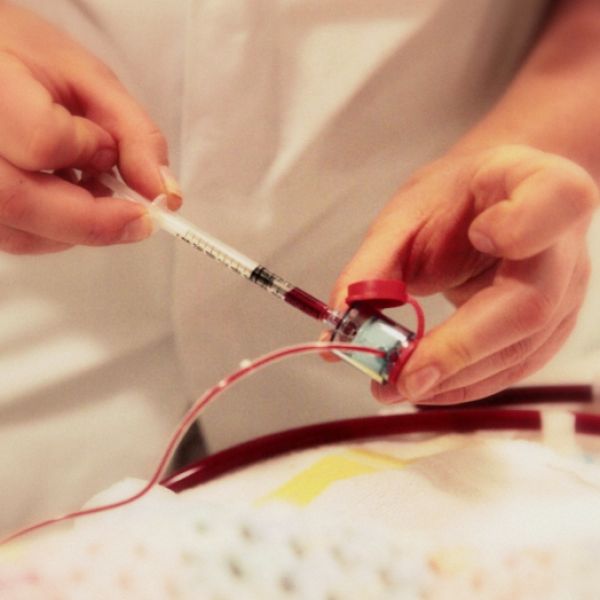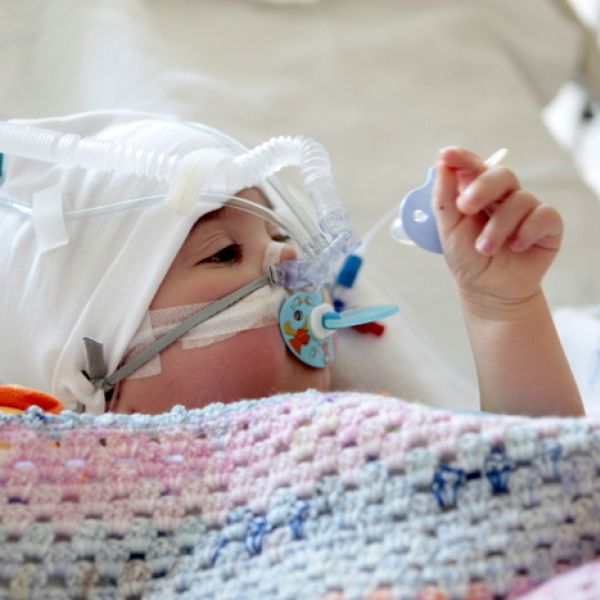Parent Resources
Your child on a Pediatric Intensive Care Unit (PICU)
Children can become critically ill completely unexpectedly, for example in severe infections or after a severe trauma, or in the course of a chronic illness (e.g. diabetes, malignancies, congenital defects of heart, brain or other organs). They can also be admitted to a PICU for monitoring reasons or for organ support after a surgical procedure (e.g. an organ transplantation). Usually, critically ill children up to the age of 15 (with significant pre- existing diseases up to the age of 18) are admitted to a PICU. Critically ill babies, less than one month old, are usually admitted to a Neonatal Intensive Care Unit (NICU).
Some children are first admitted to and treated in a general hospital before they are referred to a center where a PICU and other pediatric specialties are available. The transport between these hospitals is then organized by the accepting center, which usually provides specialized transport facilities and a trained pediatric transport team. Besides medical and nursing PICU-staff (both junior and senior), you will also meet physiotherapists, psychologists and medical staff from other specialties which are required to provide the right care for your child.
Some diseases may cause "organ failure", which can evolve very rapidly in children. In this case affected organs must be supported. Mechanical ventilation may be needed in case of severe breathing problems, dialysis techniques are available in case of kidney failure, the function of heart and circulation may be supported with drugs or even with so-called mechanical support (ECMO). Often an artificial coma must be initiated to allow these treatments. When the organ failure has recovered sufficiently and when less strict monitoring is necessary, your child will usually move to a less intensive ward (the referring hospital or a pediatric ward).
More than medical support
The admission of a child to a PICU involves a lot of parental anxiety and distress, as well as many practical problems (care for other children, work-related issues, financial burden). Supporting critically ill children and their families is therefore not merely a technical-medical matter, also psychological and social support is crucial, both during and after the admission. Even when children are critically ill, we believe that parental presence and participation in the care for their children are appropriate.
We acknowledge that families can benefit for additional information and support to help them get through this time. Be-Pics would welcome suggestions for additional links. Please send to


